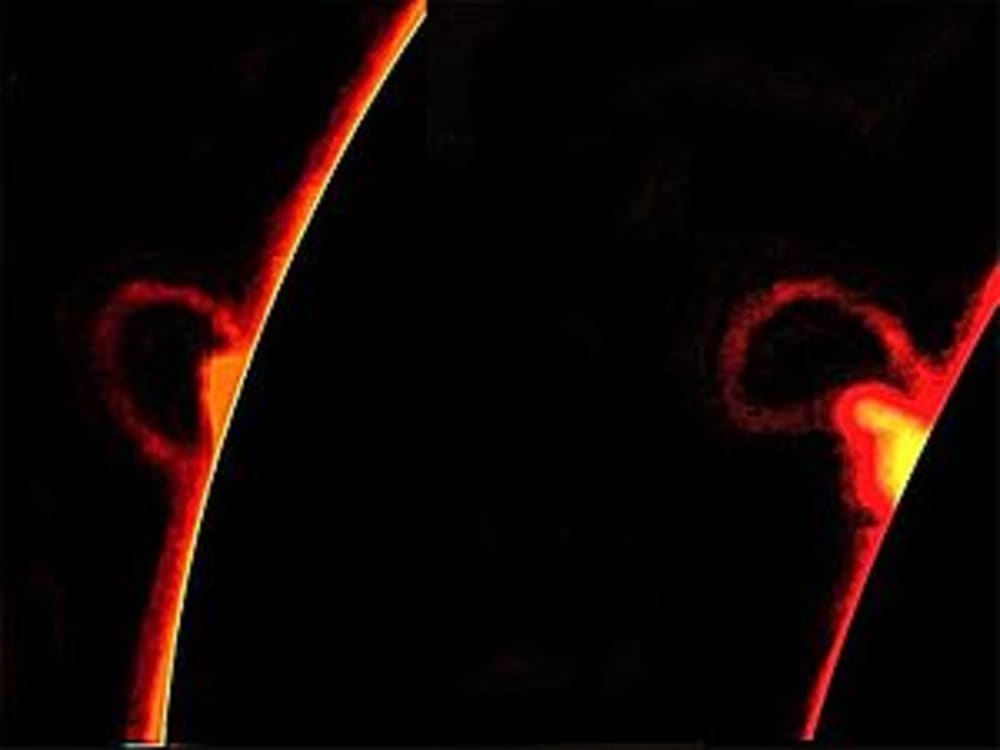Problem
The threat of an electromagnetic pulse attack is very real. The United States’ posture and readiness with regards to such an attack could best be described as passive and reactive. An attack of this nature would compromise the infrastructure and severely cripple the nation. Such an attack could cause vast destruction to the nation’s security and defenses, but more importantly, cause destruction to the nation’s economic wealth. Wall Street, corporate and government data centers, hospital facilities, air, land and sea transportation, satellite, critical electronics, automotive, airline industry and households are all sectors vulnerable to such an attack.
While the threat of EMP from nuclear attack by a superpower nation today is highly unlikely, it is very real coming from a radical faction. Explosive devises, materials, and plans once highly classified, are very inexpensive and readily obtainable through the Internet and local retail stores. Destructive materials can be easily procured and produced by such factions capable to trigger a nuclear, radioactive, chemical, or biologically charged devise.
Aside from a few critical military operations such as the missile defense system, Air Force One/Two, stealth fighters, and underground command and control systems, the commercial communications, satellite, banking, and power grid are extremely vulnerable to electromagnetic pulsing. The likelihood of an attack from a detonated dirty device delivered by an adverse nation, terrorist attack, industrial accident, solar/cosmic rays, or psychopathic individual is very real.
Solution
A solution for safeguarding such an attack would be readily feasible. Foremost on the agenda should be the protection of information and data. As a prerequisite, data centers and intellectual property archives must be shielded. Individual protection could be solved by building EMP safeguards into newly manufactured computing equipment and communications devises.
The protective technology is available but not without challenges. It would mean testing and manufacturing newly created materials, inexpensive, light in weight, versus heavy, expensive military hardened equipment already in use for decades. The commercial endeavor would spur research and development for light weight materials durable in strength against shock and in filtering out alpha, gamma, and x-rays; in other words build a light weight shield around every sensitive devise, regardless of usage and size.
The importance of such an endeavor could not be stressed more, especially with the current shift for government sponsored missions to commercially oriented programs. Necessary and essential byproducts would be the manufacturing of electro/optical interfaces, equipment grounding components, power source filtering, and more importantly, components that filter out damaging rays and sparks from active and passive EMP, solar and cosmic rays induced into the power grid and other critical infrastructures.
There is currently little or no production capability available in the U.S. to filter out and arrest electromagnetic pulsing from a nuclear device, solar, and cosmic rays. Such components need to be researched, designed, developed, and manufactured. Presently, only the military and critical government projects perform such vital functions. For commercial usage, the process would have to be desensitized by virtue of necessity to preserve national security and defense policies.
Like this entry?
-
About the Entrant
- Name:Tino Randall
- Type of entry:teamTeam members:Leon Harris Sr.- CIO
Kent Sokoloff - PhD - Software used for this entry:Visio, Photoshop
- Patent status:none








